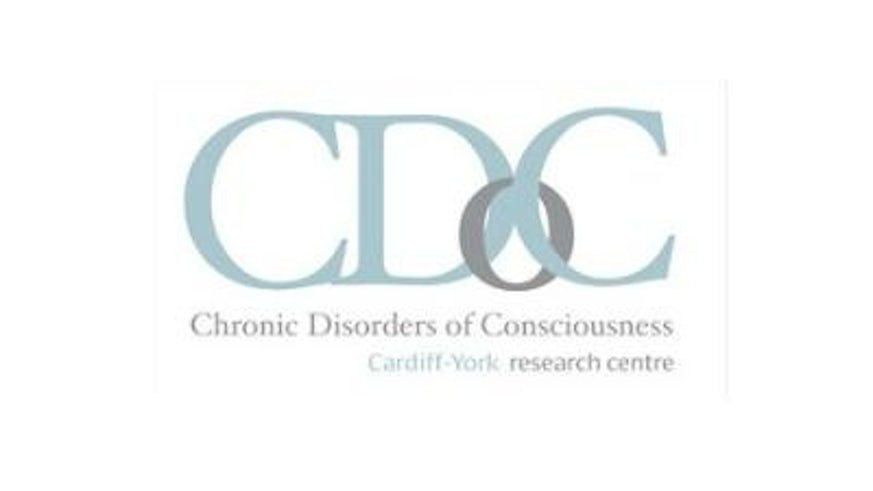Helping carers of brain injury patients
17 September 2014

A unique online resource has been launched for family members and others involved in the care of people with severe forms of brain injury.
Featuring over 250 in-depth interview film clips, the resource explores family experiences of having a relative in a vegetative or minimally conscious state, explains key terms, reflects on the challenging choices families confront and outlines the clinical and legal context of decision-making about medical treatment.
kitzinger-jennyCompiled by Jenny Kitzinger, Professor at the University's School of Journalism, Media and Cultural Studies and co-director of the York-Cardiff Chronic Disorders of Consciousness Research Centre, with fellow co-director, Professor Celia Kitzinger from the University of York, the online module was launched in London this week.
Funded by the Economic and Social Research Council (ESRC), the module presents findings from almost four years of research, featuring interviews with 65 different family members in addition to talks from leading medical practitioners in the field of serious brain injury.
The aim of the module is to provide support and information for families, health professionals, case workers, lawyers and others involved in work with this group of patients. Helping to improve communication between medical practitioners and family members, it will also be useful in professional training for those working within health services and law, and for journalists reporting on issues around 'coma'.
Professor Jenny Kitzinger said: "The families who spoke with us, and agreed to be filmed for the site, have been extraordinarily generous in sharing their experiences. They have talked with great honesty and openness in the hope that this will help other families, or allow people to feel less isolated with the difficulties and dilemmas they face. Families who have lived with this devastating situation often had suggestions about how friends and society in general could help, as well as posing some challenging questions for health care professionals and policy-makers – and, indeed, journalists reporting on this issue."
Housed within the award-winning Healthtalk.org site, the website is NHS accredited and created by the DIPEx charity which has more than three million hits a year.
The York-Cardiff Chronic Disorders of Consciousness Research Centre is a multi-disciplinary group of researchers exploring the cultural, ethical, legal, social and historical dimensions of Chronic Disorders of Consciousness: coma, the vegetative and the minimally conscious state. The vegetative state is when a patient has no awareness of themselves or their environment. The 'minimally conscious state' is when the patient has some minimal and inconsistent awareness.
To view the online module entitled 'family experiences of vegetative and minimally conscious states', visit www.healthtalkonline.org/peoples-experiences/nerves-brain.